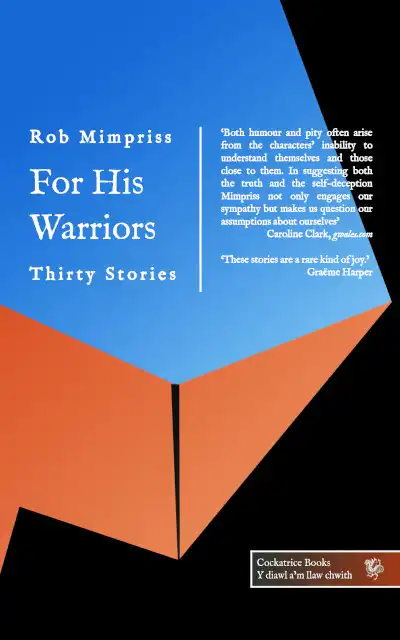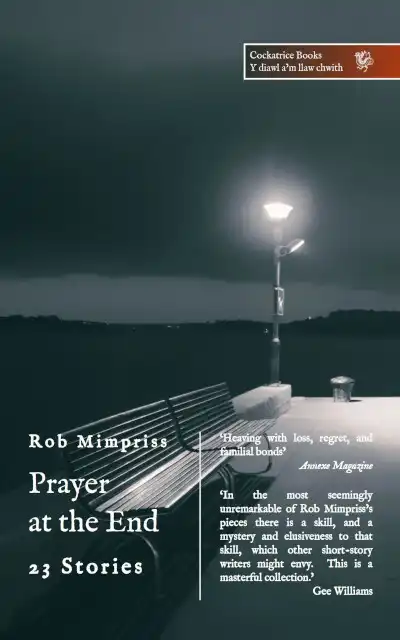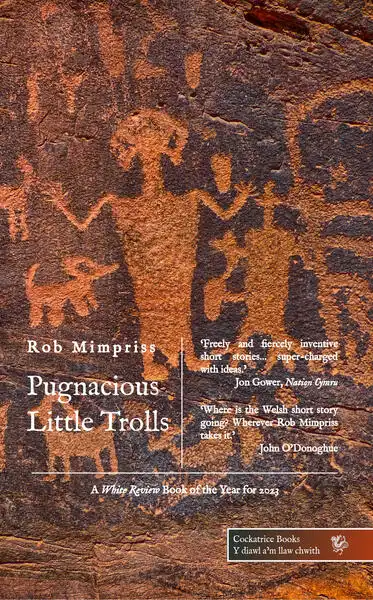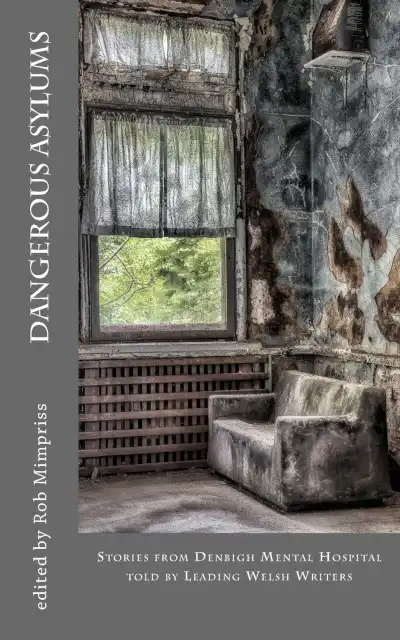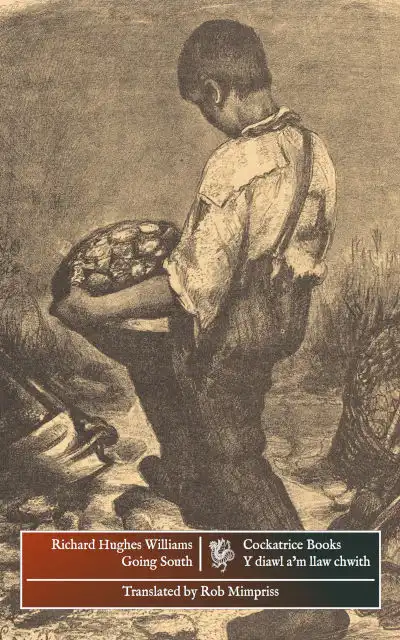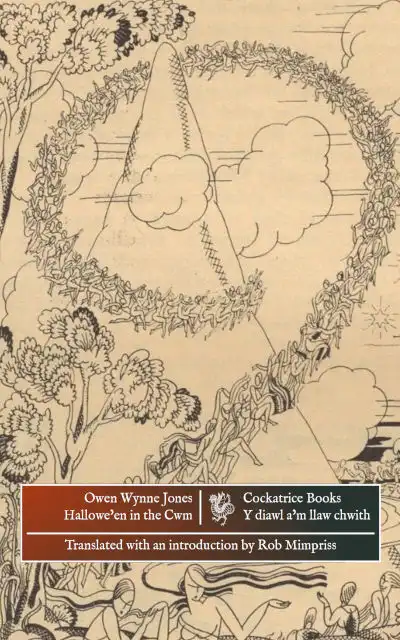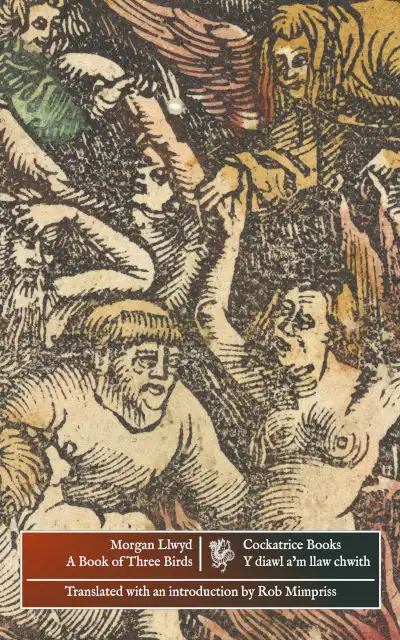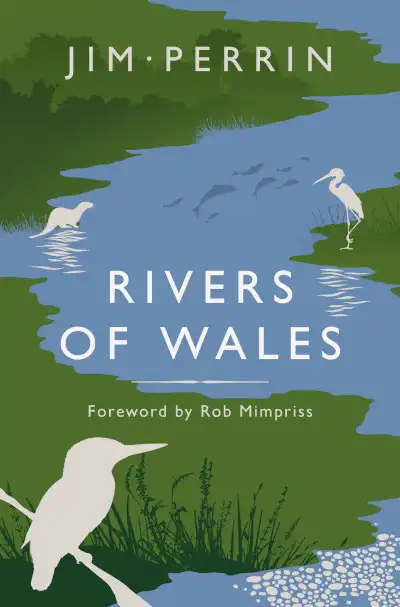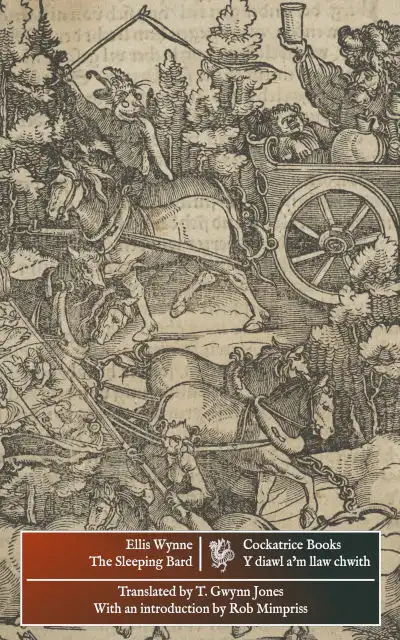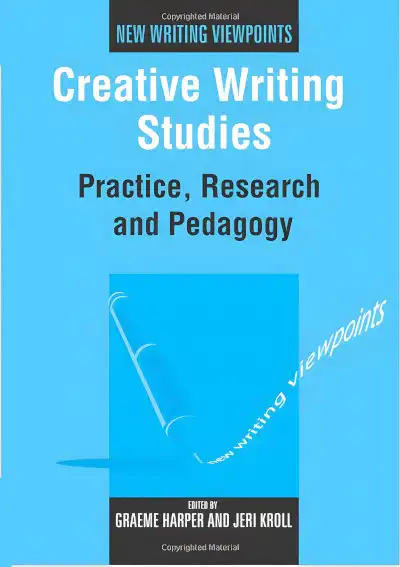Thomas Gwynn Jones (b. 1871, Betws yn Rhos, near Abergele; d. 1949), was a highly distinguished and influential poet, a translator from Irish, German, Norwegian, Latin, Greek and English into Welsh, and from Welsh into English, a novelist, playwright, critic, biographer and journalist. He was awarded the Chair at the National Eisteddfod in 1902 and received honorary doctorates from the University of Wales and the National University of Ireland. The short story below is taken from his sole short story collection, Brethyn Cartref (Caernarfon: Cwmni y Cyhoeddwyr Cymreig, 1913), and the translation is my own.
Like Thomas Owen Jones in his short story, The Simpleton, Gwynn Jones deals with the emotive topic of land use in Wales, and the effect of tourism and English settlement on the lives of its inhabitants. Unlike Thomas Owen Jones, he does not attempt to portray his protagonists as heroes, and there is something faintly folkloric in his depiction of Dafydd and Elin as caught out of time, like those returning home centuries after being waylaid by the tylwyth teg. Gwynn Jones satirises English ignorance with regard to Welsh culture in the scene where the holiday-makers bathe not far from a sewage outlet, and this sharpness of manner contrasts with his kindlier assessment of the ability of English immigrants to integrate with Welsh life in the opening to his book, Welsh Folklore and Folk Custom. Nevertheless, the topic remains urgent for the future of Welsh nationhood, given the sometimes blatantly colonial and racist attitudes displayed by English settlers, including those who would use that term, and given the scale of demographic change. An article in The Economic Voice warns that the people of Wales could be rendered a minority in their own country by the end of the twenty-first century.
‘Thank goodness we’re here at last!’ said the middle-aged man as he stepped down from the train at the station of Llanefron, at about ten o’clock one evening in mid August.
Llanefron had altered greatly in twenty years. Almost nothing had been left untouched. It had been a small village before, two hundred houses at most, the greater number of them small and mean. There had been two shops selling food and clothing, two pubs, a chapel and a church. Perhaps three hundred people had lived there, most of them labourers in the surrounding farms, and thirty or forty of them working in the quarry, Coed Bach, about five miles away. About a dozen of the people went to church, a hundred or so to the chapel, and the rest spent the Sunday going nowhere.
But change had come to Llanefron. The railway had been built nearby, and certain people had seen that this was a chance to make money. The sea was close by, and the region a bracing one. Some stranger came to the village one day, and did a circuit inspecting the place. There was not much to be said of Llanefron itself. The houses were small and ill-kempt, and gave off an odour of ash and wet floors. He paid little attention to the village as such, but its surroundings impressed him greatly. Llanefron lay in a small valley, bisected by a river. To the south, the land rose gradually to a moderate height, and on its fertile slopes lay a scattering of cottages, each with its own rich garden. People could live quite easy lives in the cottages, though not lives free from worry unless they were free from work. These were workers’ cottages, and those who lived there lived simply and frugally, and cared for their pigs and gardens could make their way quite well. A few among them owned their homes. It was these he approached, and before long he had bought their homes and gardens for a few pounds each, and their former inhabitants were free to go and find new homes.
It is then that Llanefron began to change. Before the end of the year there were new houses where the cottages and their gardens had stood, and newcomers living in them: people from somewhere in the English midlands. Soon after this, there were other houses in the marketplace, and new houses being built where they had stood when the higher ground was full of inhabitants. Business was brisk, especially in the summer, when hundreds of people came to spend their holidays near the sea. Few of the old villagers remained. Even the old village in the bottom of the valley had disappeared, and a set of new houses had taken its place. Their appearance was less dishevelled than the old ones, and the odour of ashes and wet floors was gone, but this was no great fortune, since the ashes were taken away every day, and the water flowed through Llanefron’s new sewers to the shore, where the fine people who came every summer bathed, and the sewage and seawater, mixing freely, restored their flagging health.
So it was when the middle-aged man stepped down from the train, and was so grateful to have arrived.
He was a man about forty-five years old, tall and good-looking, but with white hair like linen. His brow had a clean and healthy look. There was a woman with him the same age as himself, and it was to her he had made his remark. She too was tall, and shapely, but her brow was wrinkled, and her auburn hair had paled.
‘Yes,’ she said. ‘It’s good to be here at last.’
The couple left the station in silence, and set out towards the village a mile away. Between station and village had been a narrow country lane running through farmland, but now it was a broad road, with great houses on either side.
The man and the woman stopped suddenly in the light from an electric streetlamp, and glanced at each other.
‘Have we lost the way, do you think, Elin?’ asked the man.
‘Perhaps. Or else the place has changed so much we don’t know it,’ she replied.
‘Oh, yes, of course,’ he said. ‘I dare say that’s the reason. They’ve been doing some building work. Let’s keep moving, love.’
Again the two walked on in silence for a while. It was a still a wide road, with those large, unfamiliar houses.
‘Elin,’ said the man, ‘we must have made a mistake; I’m sure of it.’
‘What mistake, Dafydd?’
‘We took a wrong turning somehow. We should have seen that old hedge, with the gate and the stile, by this time.’
‘I suppose so,’ said the woman, and turned thoughtful.
‘And look what there is,’ said the man, waving a contemptuous hand at the rows of houses lining the road.
‘I know,’ she said. She drew closer and sought his arms.
He took her in his arms, and bowed his head and kissed her. Then the two walked quietly onwards again.
‘What shall we do, Dafydd?’ she asked presently.
‘I don’t know,’ he said. ‘I don’t know at all. We’d better head for the pub, hadn’t we?’
‘I’d sooner avoid the pub,’ she replied, and she dragged a little at his arm.
They continued, and for a stretch of broad road the houses gave way to blank high walls on each side.
‘The devil take the wretched things!’ cried the man.
‘I know,’ said the woman more gently.
Eventually they reached the edge of the village, no more homely than the road had been.
‘They’ve been at it here, as well,’ said the man. ‘Where’s the pub, I wonder?’
‘I’m not exactly sure where we are,’ said the woman. ‘But it should be along that way, if I’m not mistaken.’
‘I think you’re right,’ said the man. ‘Let’s take a look.’
The two followed quite a wide street, and found the bridge across the river. In the harsh electric light, the water showed dark grey, with some vileness foaming on the surface now and then.
‘No sign of the pub,’ said the man.
‘No,’ said the woman, ‘and I think that’s where it was meant to be.’
‘Yes, love; we’re where we were last time. Do you remember, Elin?’
A lad strolled past within yards of the couple, whistling the tune of a comic song.
‘Just a minute,’ the man addressed him. ‘Can you direct us to the pub, the Red Lion?’
‘Yer what, mate?’ asked the lad.
The man repeated the question.
‘I don’t speak Welsh, mate,’ the lad said rather disdainfully.
‘Or English,’ muttered the man, and taking the woman’s hand, he walked away.
There were others, and the man questioned them, but none could reply in Welsh, or in English any better than they had heard, and none knew anything about the Red Lion; none could remember seeing it. It was as though they could not even remember the place where it had been.
‘What shall we do?’ asked the man.
‘I don’t know,’ said the woman. ‘We can’t leave without seeing the cottage, anyway.’
‘No, I suppose not. Let’s go and look. I don’t suppose the land itself can have changed, whatever they’ve built on it.’
‘I hope not!’
The two retraced their steps across the bridge, and then onward towards the hillside, but streets and houses were everywhere, and whoever went past them spoke the same way: English words, with a Welsh construction and cadence, as offensive to Welsh ears as to English.
‘We’ve been all round it,’ the man said; ‘we’ve been walking for twenty minutes. You can see for yourself – there’s nothing but new build here.’
‘I’m afraid so. They must have pulled it down, Dafydd.’
‘The vandals,’ said the man.
‘Good evening,’ said a lame and stooping old man as he passed them.
‘Good evening!’ said the man. ‘Please, can you tell me where Huwcyn’s old cottage is?’
‘Well,’ said the old man, ‘it’s about where you’re standing, or it was. They drove the street right over it, you see.’
‘Thank you. I was afraid of that.’
‘But do you remember how it was, sir?’
‘Yes, from twenty years back. The vandals have ruined the place.’
‘Well, true enough. It was better for me back then, anyway. Yes indeed, poor old Huwcyn’s cottage! Man alive, I remember the old people well, God rest them. Did you know them, sir?’
‘They were my grandparents.’
‘Good gracious! You can’t be Dafydd?’
‘Yes, and this is my wife, Elin, the daughter of the Red Lion as it was–’
‘Dear me. Well, I’m glad to see you. You don’t remember the old crowd, Huw Dafis’s crowd?’
They shook hands and continued their talk, and the old man explained that he was the last of the village’s former inhabitants.
‘And you’ve come all the way from America to see the old place?’ he said. ‘Well! And what are you going to do next?’
‘Go back,’ said Dafydd, ‘there’s nothing for us here. Let’s go, Elin.’
And so they made their departure.

